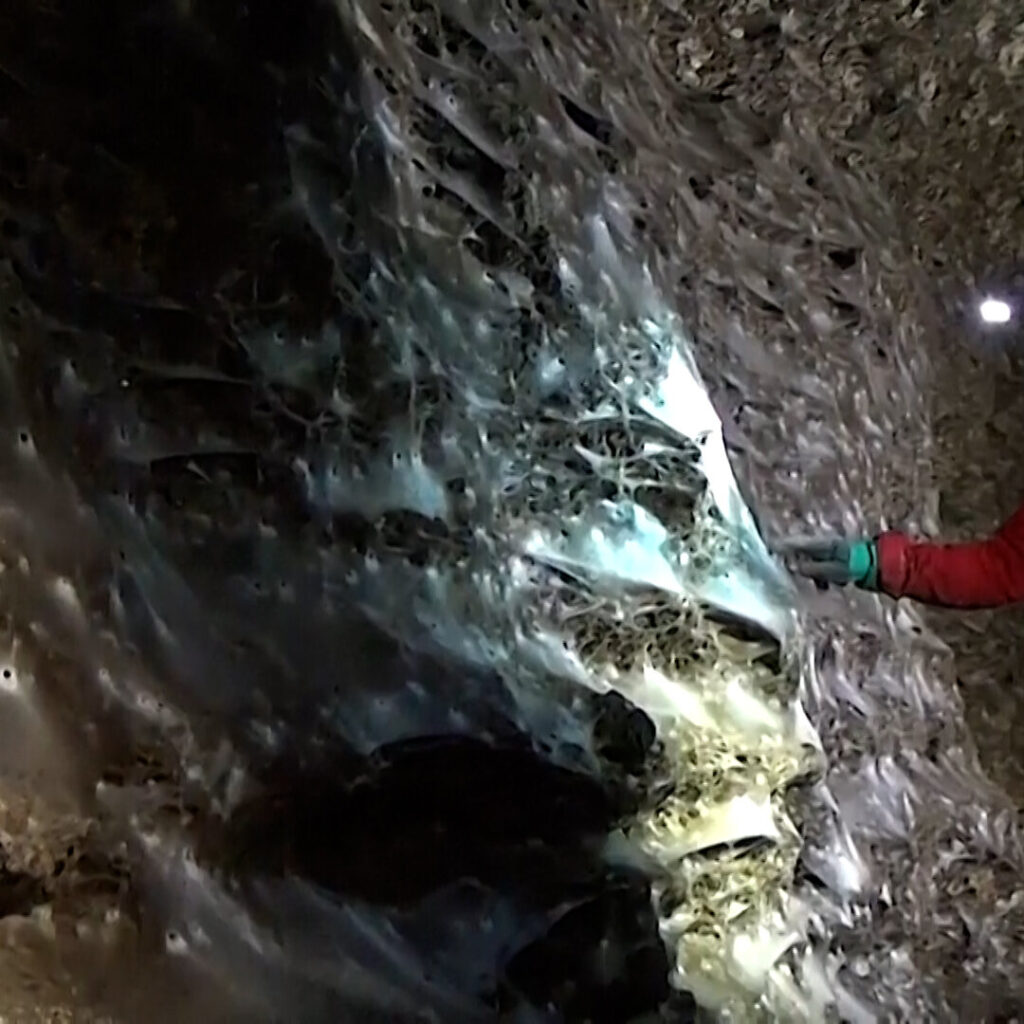Hoping to Grow in Europe, but Bogged Down by Red Tape

The European Union is witnessing a surge in start-up activity, with numerous innovative companies emerging across the continent. However, despite this promising trend, experts warn that excessive bureaucracy and regulatory hurdles are hindering the growth and expansion of these start-ups beyond national borders.
The EU’s vibrant start-up ecosystem is characterized by a diverse range of industries, from fintech and healthtech to e-commerce and sustainable energy. Many of these start-ups have successfully established themselves in their home countries, but are now struggling to scale their operations and tap into new markets across Europe.
According to industry experts, the main obstacle to cross-border expansion is the complex and time-consuming process of navigating different regulatory frameworks and administrative requirements. The EU’s 27 member states have their own distinct sets of rules and regulations, which can be daunting for start-ups to navigate.
“The EU’s single market is a great opportunity for start-ups to grow and expand, but the regulatory landscape is still fragmented and often hostile to innovation,” said a leading expert on European start-ups. “This bureaucratic red tape is not only discouraging start-ups from expanding across borders but also forcing some to consider relocating outside the EU altogether.”
The expert added that the EU’s start-up ecosystem needs a more streamlined and harmonized regulatory environment to facilitate growth and expansion. This could involve simplifying administrative procedures, reducing regulatory barriers, and providing more support for start-ups looking to scale across borders.
In response to these concerns, the European Commission has launched several initiatives aimed at supporting start-ups and promoting cross-border expansion. These include the creation of a single digital gateway for start-ups to access information and services, as well as efforts to harmonize regulatory frameworks across member states.
While these initiatives are a step in the right direction, experts argue that more needs to be done to address the root causes of the problem. “The EU needs to take a more comprehensive approach to supporting start-ups and promoting cross-border expansion,” said the expert. “This includes not only simplifying regulatory frameworks but also providing more resources and support for start-ups to help them navigate the complexities of expanding across borders.”
Ultimately, the success of the EU’s start-up ecosystem depends on its ability to foster a supportive and enabling environment for innovation and growth. By addressing the regulatory hurdles and bureaucratic red tape that are currently holding back start-ups, the EU can unlock the full potential of its vibrant start-up scene and create a thriving ecosystem that benefits both entrepreneurs and the broader economy.




